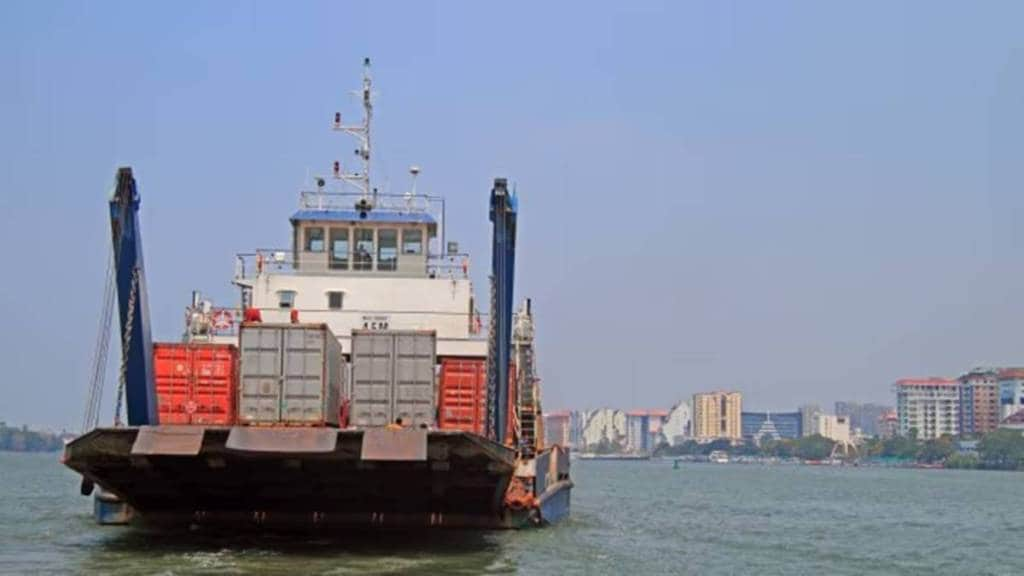India’s foreign policy is being shaped by its evolving relationships with key global players, particularly with the United States under Donald Trump and Russia, as well as its cautious approach to Free Trade Agreements (FTAs). While diplomatic ties with these countries are central to India’s global strategy, the Indian government is carefully balancing international engagements with domestic concerns, especially the welfare of Micro, Small, and Medium Enterprises (MSMEs) and farmers.
India’s Approach to the Trump Administration
India’s relations with the Trump 2.0 administration are being viewed as an opportunity to deepen ties between the two countries. According to External Affairs Minister S Jaishankar, India is in a stronger position than many other nations to build a “deeper relationship” with the incoming US leadership. He explained that while other countries may see Trump’s return as a challenge, India views it differently.
“There are countries which are looking at Trump 2.0 as a political challenge; we are not. That separates us from a very large number of countries; so we are in a much more advantageous position to translate 2.0 into a deeper relationship,” Jaishankar stated. This view highlights India’s stable political rapport with Trump, which has endured over time and could lead to a more robust partnership between the two nations.
India, according to Jaishankar, recognizes the US’s interest in collaborating with India on emerging technologies and critical sectors. These areas are seen as opportunities to deepen the relationship further, with India playing a vital role in areas like technology and defence. “The US will need India in many areas where they would like to take technology leads. The two countries will have to build an understanding of mutual benefits,” Jaishankar noted.
However, while India looks forward to these opportunities, Jaishankar was quick to point out that this enhanced relationship would require careful management of potential issues. Both nations must ensure that their cooperation aligns with their respective interests and concerns.
Ties with Russia: A Shift in Trade Dynamics
In parallel, India’s relationship with Russia has seen a shift, particularly in terms of trade. Over recent years, India has significantly increased its imports of Russian oil, a move that is expected to continue, given India’s growing energy needs. But the relationship goes beyond energy—India is also importing other natural resources from Russia, such as coking coal and fertilizers, which are essential for India’s industrial and agricultural sectors.
The minister touched upon this evolving trade partnership, noting that India’s dependence on Russian imports has broadened. “In the last two years, people generally know that we have been importing more oil from Russia; what people do not know is that we have been importing from Russia other natural resources like coking coal and fertilizers,” he remarked. This diversification in trade with Russia could prove vital for India’s resource security and long-term economic growth.
India’s Cautious Approach to Free Trade Agreements (FTA)
While global relationships are essential, India is also adopting a measured approach to FTAs. Jaishankar made it clear that the government has been cautious in entering FTAs, primarily to protect its domestic industries, particularly MSMEs and agriculture. FTAs, he pointed out, can expose vulnerable sectors to unfair competition if not negotiated carefully.
“The Modi government has been very cautious on FTAs for two reasons. Number one, weighing the experiences and the results of previous agreements, and number two, our concern for the impact of FTAs on MSMEs,” he said. The government’s focus has been on ensuring that any agreement entered into does not harm the domestic economy or its key industries.
One of the significant concerns raised by Jaishankar was the India-ASEAN Free Trade Agreement, which India has been reviewing. India has raised concerns about how this agreement has adversely affected its manufacturing sector and agriculture, especially in light of increased imports of goods that compete with local products. Jaishankar pointed out, “We have been pressing very strongly for a review of the ASEAN India trading goods agreement because we have concerns about the impact of that FTA on the development of manufacturing in India.”
Negotiating with the EU and UK: A Complex Challenge
Jaishankar also addressed the ongoing negotiations between India and the European Union (EU), as well as the United Kingdom (UK), highlighting the complexity of these discussions. These negotiations are not purely about trade; they also encompass non-trade issues, adding layers of complexity to the process. Jaishankar noted, “When it comes to the EU and UK, I think it’s complex because there are many non-trade issues also, so those have to be negotiated.”
Although these agreements are not simple, Jaishankar expressed hope that India would ultimately benefit from them. However, the government’s cautious approach to FTAs means that it will take the time to ensure that the negotiations align with India’s broader economic goals.
The Role of MSMEs in India’s Manufacturing Growth
At the heart of India’s trade strategy is the preservation and growth of MSMEs, which play a crucial role in the country’s manufacturing sector. The government is working to increase its manufacturing capacity through initiatives such as creating more manufacturing zones and improving logistics.
He highlighted that the government’s priorities have been shaped by the understanding that FTAs must not undermine domestic industries.

